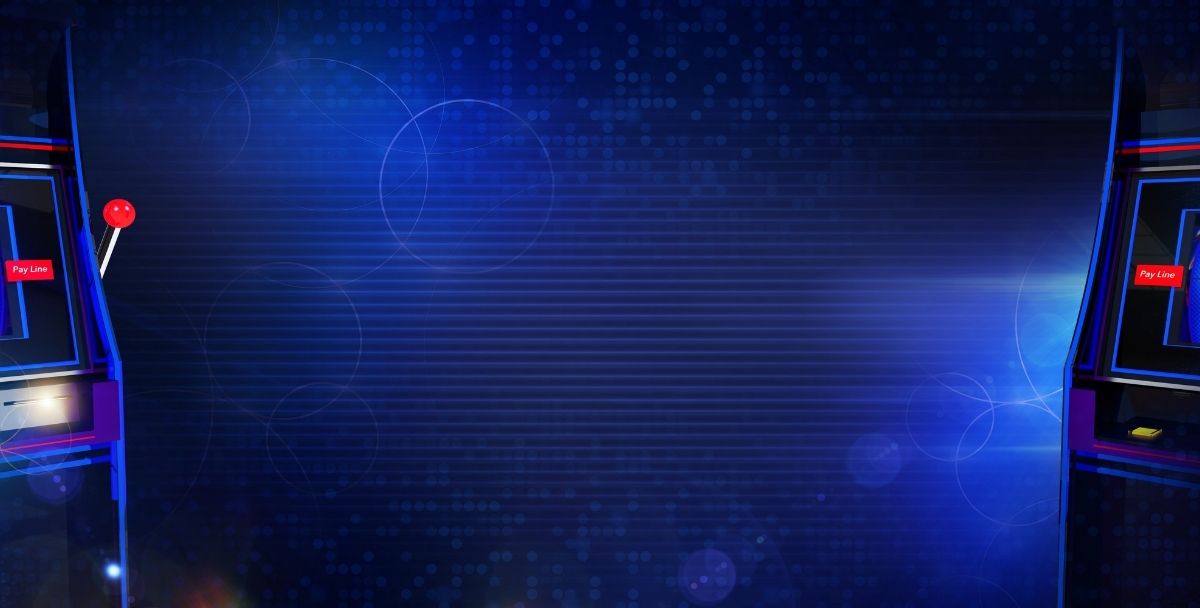The gaming industry contributes just under $250 billion to the US economy a year, according to 2018 data. Video poker machines, slots, and other forms of e-gaming comprise the majority of that amount. Many casinos profit from spinning reel slots marvelously, generating far more income from those than from video poker and table games.Even the smartest gambler isn’t always able to identify the real price of a slot machine. The supply-demand theory holds true only when prices are transparent. When we decide to buy a product or service, we tend to have a general idea of what it will cost. When we bet on slot machines, we don’t know what the odds actually are. Be sure to visit legitimate sites so that you don’t get scammed by some impossible winning percentage.
Click here for more information on some of your options in the USA.
What is the Payout Percentage?
The cornerstone of wager value lies in the PAR or the payout percentage.The majority of slot machines are programmed with a hold percentage or PAR, which means outcomes are determined by a mathematical algorithm. Generally, slots are programmed to yield a return to player (RTP) or a theoretical payout percentage, which ranges from zero to 99% of the wagers. Laws and regulations set a minimum payout, which differs from state to state. It’s 80% in Mississippi, 83% in New Jersey, and 75% in Nevada.Obviously, slots are programmed to make casinos money. Winning patterns – the frequency of payout and payout amounts – are customized so the casino gets a fixed return. The rest of the money is distributed to the players. If a slot has an RTP of 80% and costs $1 per spin, it will return $800,000 to players after one million spins. The casino keeps the other $200,000. Some organizations term this concept payback or PAR.
Long-term House Edge
Casinos tend to perceive price in terms of what they call the expected or average house edge on each wager players make. In other words, slot machines come with a long-term advantage for the operator. Each player interacts with a slot for a limited amount of time. As a result, his or her perception of the price is very different from that of the casino. Outcomes are key here.
Differing Perceptions of Slot Prices
The typical house edge for slots is 10%. Over the long term, the casino that owns the slot will get 10 percent of all the bets on that slot. If the operator acquires $100,000 in wagers, they will pay out $90,000, keeping the remaining $10,000. The price of the slot is the 10% the casino expects to make from players over time from the casino management’s point of view.However, a player will not perceive the slot price that way. He or she is more likely to see it as the price of one spin. If you bet $5 on a spin and get nothing, you paid a price of $5. For the casino, the price of that spin is 50 cents.So, what’s the price? It depends on who you ask. The casino knows $4.50 of the $5 collected from that spin will eventually be dispensed to other gamblers. An individual will not be aware of this because they won’t be playing for more than a few hours if that. The longer they play, the bigger their hope for a large payout to compensate their losses.
House Edges Take Years to Become Evident
It’s easy to see why it takes such a long time playing a slot for the house edge to become obvious. Over a
machine’s lifetime, the operator has a general idea of how much money it will make.What’s more, the casino can make changes at any time. Server-based gaming, which allows casinos to change slot configurations, themes, and payout percentages without notice, has become popular all over the world. For instance, an operator may change casino floor configurations and games to limit payouts on the weekend, then change them again on Monday to attract players outside peak hours. Then, there is less winning on the weekend and more winning during the week.AI-based technology is contributing to new and improved data analysis, enabling casinos to study player tendencies and slot performance as well as perfect their marketing campaigns. Then, casinos use this information to optimize their floors for revenue. This can happen every time someone inserts a dollar into their favorite slot machine.







